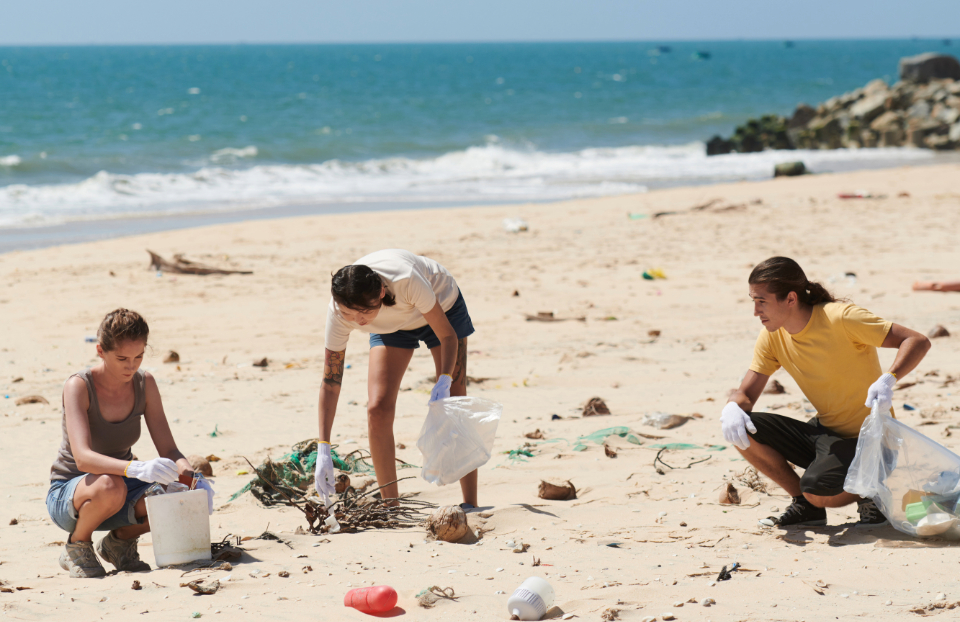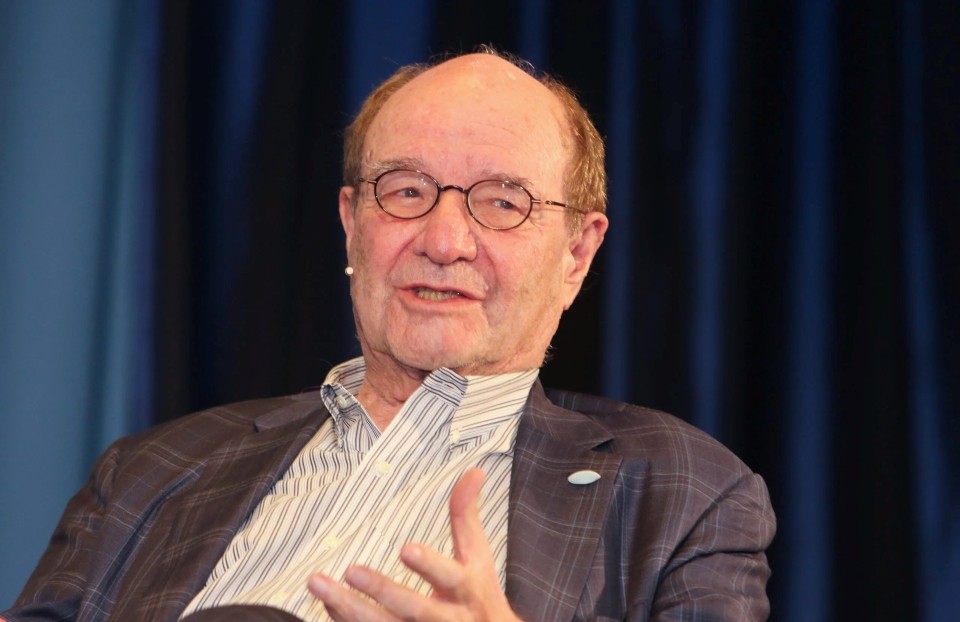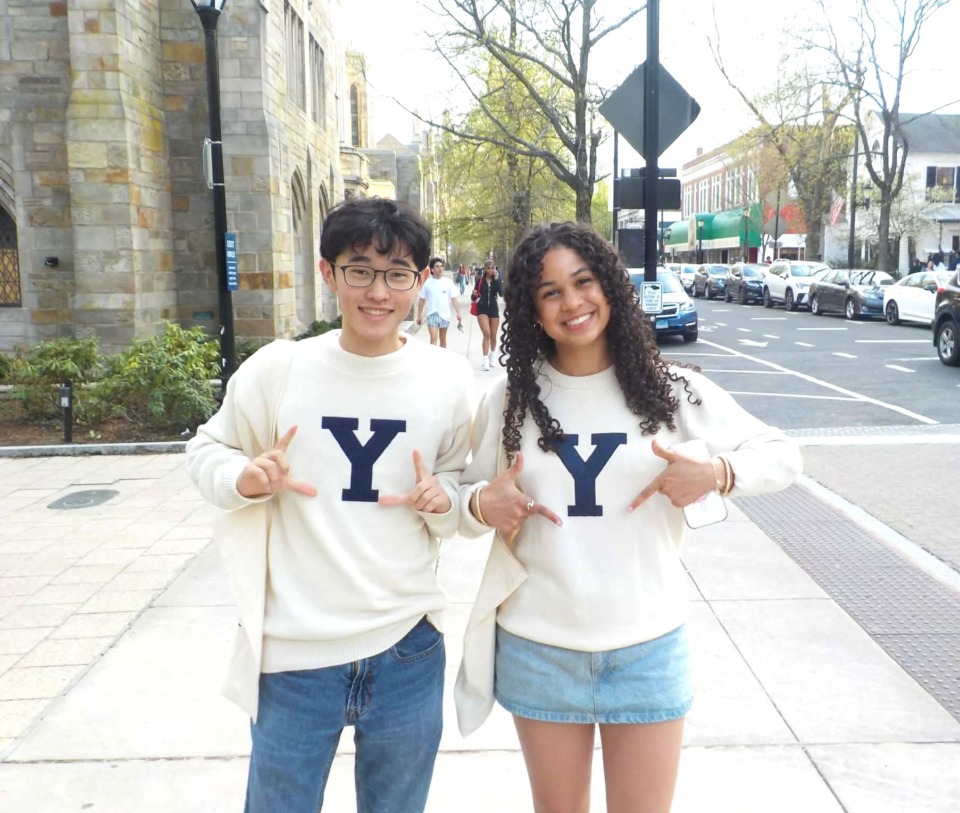Plastic Free July: Young scientists and engineers who are taking part in the initiative all year round

Out with the old (plastic) and in with the new (anything other than plastic!). The Plastic Free Foundation, a nonprofit organization, launched Plastic Free July to raise awareness about the mass production of plastic waste. The campaign raises awareness about the global surge in plastic waste, which amounts to 450 million tons, a dramatic increase over the past 70 years, according to Our World Data.
During the summer, single-use plastic use is prevalent, with picnics, barbecues, and festivals using mainly single-use plastics such as straws, plates and cups. According to the World Wide Fund for Nature, summer tourism can cause an almost 40% spike in plastic entering the Mediterranean Sea.
Our own Society alumni address the plastic pollution problem with their own projects, conscious of the future of our Earth, oceans and human lives.
Ecofriendly Polymeric Material: Paving the Way for Circular Bio-Economy
Aswath Rajesh (Thermo Fisher JIC 2023; Regeneron ISEF 24-25) of Satellite Beach, Florida, created a biodegradable plastic from chitosan, a substance that comes from the shells of crustaceans such as crab, shrimp and lobster. He tested several bioplastics with natural polymers and different amounts of chitosan. While bioplastics containing chitosan were less flexible and broke down more slowly than the control, those made of 60% chitosan had 50% greater tensile strength and 40% more water resistance than bioplastics with no chitosan. Aswath won a fourth Grand Award at Regeneron ISEF 2024 in environmental engineering for BioRegen Polymer and at ISEF 2025 for Advancing Biopolymer Through Nanotechnology.
A Sustainable “Plastic” Film for Packaging
Regeneron ISEF team participants in 2024 and 2025, Kamilia Zoe Rotger and Miranda Sanz from Guaynabo and Caguas, Puerto Rico, created EcoReishiFlex: A Sustainable Plastic Alternative. This biodegradable alternative to plastic is made from Reishi Fungi, a fungus native to East Asia. The bioplastic membrane was created through a process involving polysaccharide extraction, casting and slow hydration. After the film was created, the team tested and analyzed to evaluate how well its degradation and mechanical performance. Their results confirmed that the film could have future applications with sustainable edible packaging and medical dressings. Future work will focus on improving the film’s mechanical strength by adding fibers and stabilizers. This materials science project earned Kamilia and Miranda two Special Awards in Columbus, Ohio, from Mary Kay Inc. and Qatar Research, Development, and Innovation Council.
Color-Changing, Biodegradable Food Wrap
Cuauhtemoc Zamora (Regeneron ISEF 2022–24) of Corpus Christi, Texas, created a Colorimetric Smart Film for his materials science project. Cuauhtemoc researched a way to identify contaminated food. According to the World Health Organization, foodborne contamination kills 420,000 people worldwide. Cuauhtemoc created a smart packaging system that changes color when food begins to spoil and is also biodegradable. The material was developed using guar gum and chitosan. Adding a pH indicator made of bromocresol green anthocyanins, would make the film change color. When food spoils, it releases compounds called amines, which have a high pH value. He won a Special Award from the University of Texas at Dallas for this project.
Take Action. Plastic Free July may be ending, but the fight against plastic pollution continues. Follow these young innovators’ lead by reducing your plastic use, supporting sustainable choices, or starting your own project. Every small step helps build a cleaner, healthier future.


